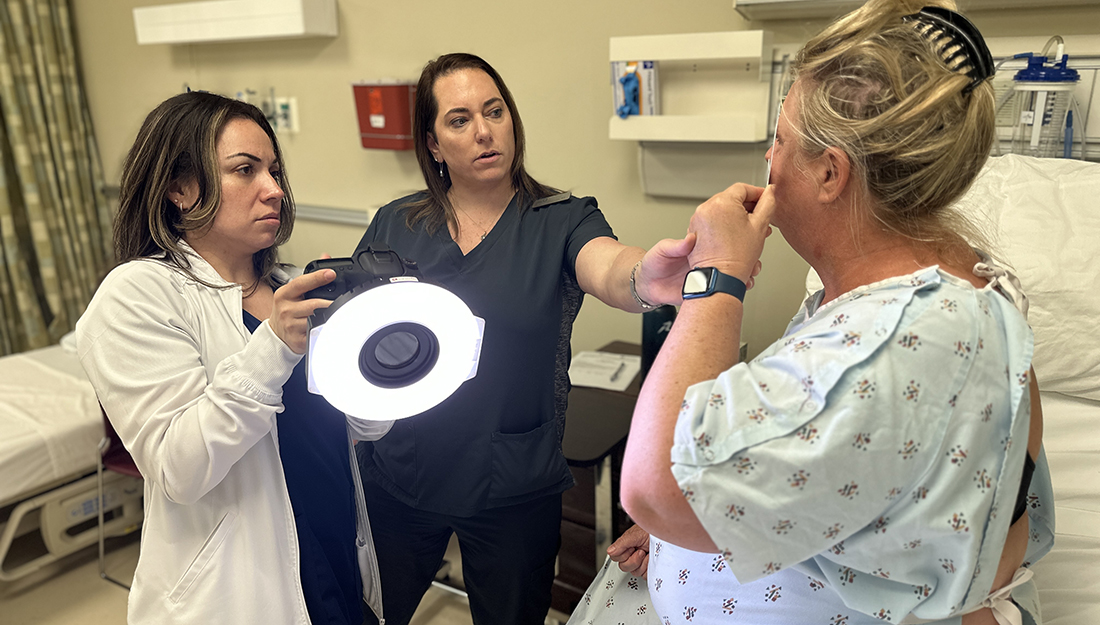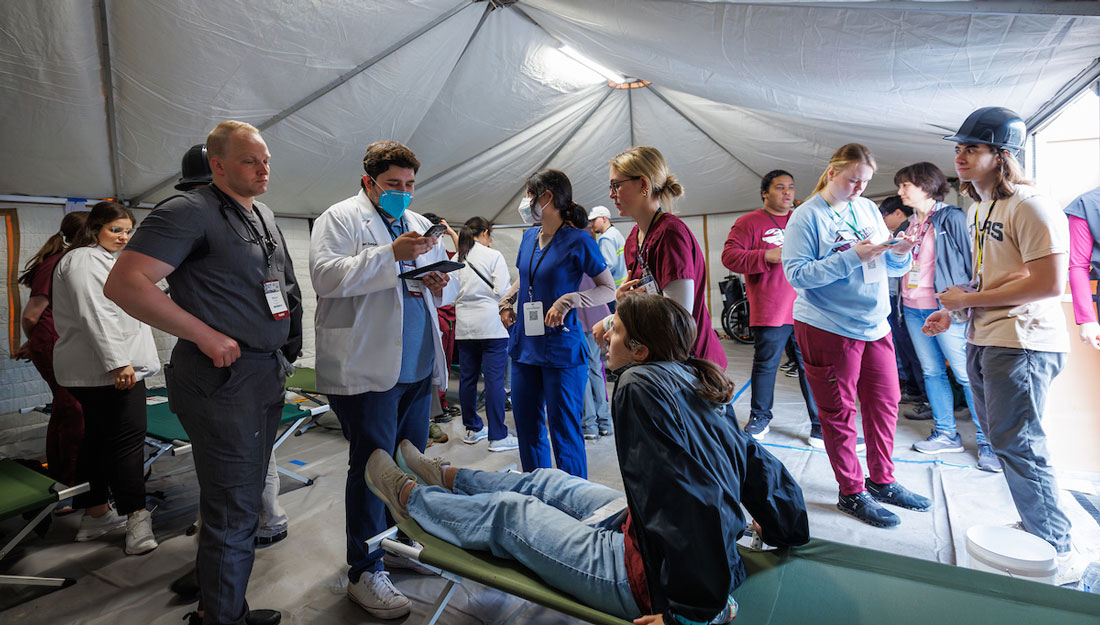Watch for signs of illness in older adults
The physical changes of aging and multiple medical problems make illnesses in adults difficult, so it is essential to recognize more commonly seen atypical presentations.
For example, subtle changes like a decrease in function or a diminished appetite often can be the first signs of illness in an older adult.
“Risk factors that may contribute to an atypical presentation include being age 85 or older, multiple disease conditions such as hypertension, diabetes and kidney disease, and cognitive or functional impairment,” says Sonia Turnbow, M.S.N., WHNP, assistant professor at the Texas A&M Health Science Center College of Nursing. “Non-specific symptoms that may represent a specific illness are confusion, self-neglect, falling, incontinence, apathy, loss of appetite, shortness of breath and fatigue. When any of these symptoms occur and is a new symptom, it could be an indication of an illness though the person may not complain of pain or discomfort.”
Another challenge is the presenting symptoms of an infectious disease. Older adults may not have the typically expected fever or elevation in white blood cells. Instead, they are likely to experience falls, decreased appetite or fluid intake, and/or confusion.
“A urinary tract infection is a specific example of an atypical presentation of illness,” Turnbow says. “A person may not have fever or pain. However, a recent change in function, such as not making it to the bathroom in time or being confused, may indicate there is a problem. If the functional level has recently changed, a health care provider needs to be consulted to prevent possible emergency room visits or hospitalization.”
Media contact: media@tamu.edu


